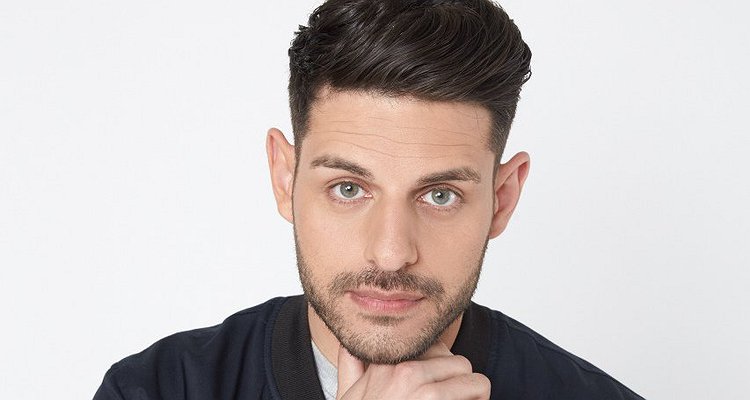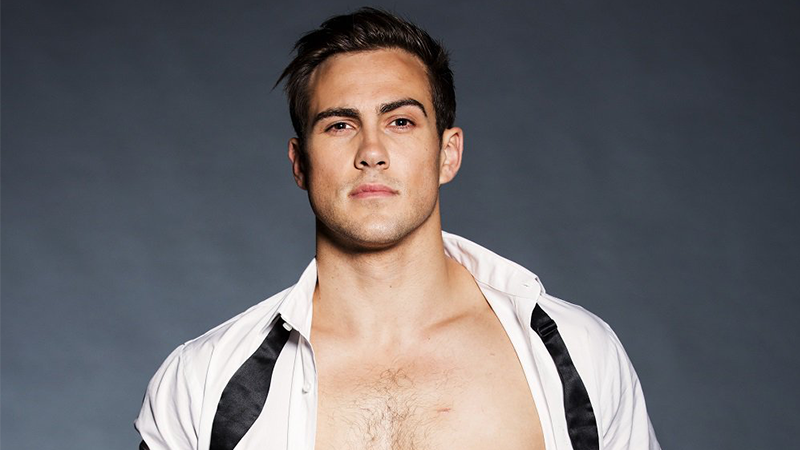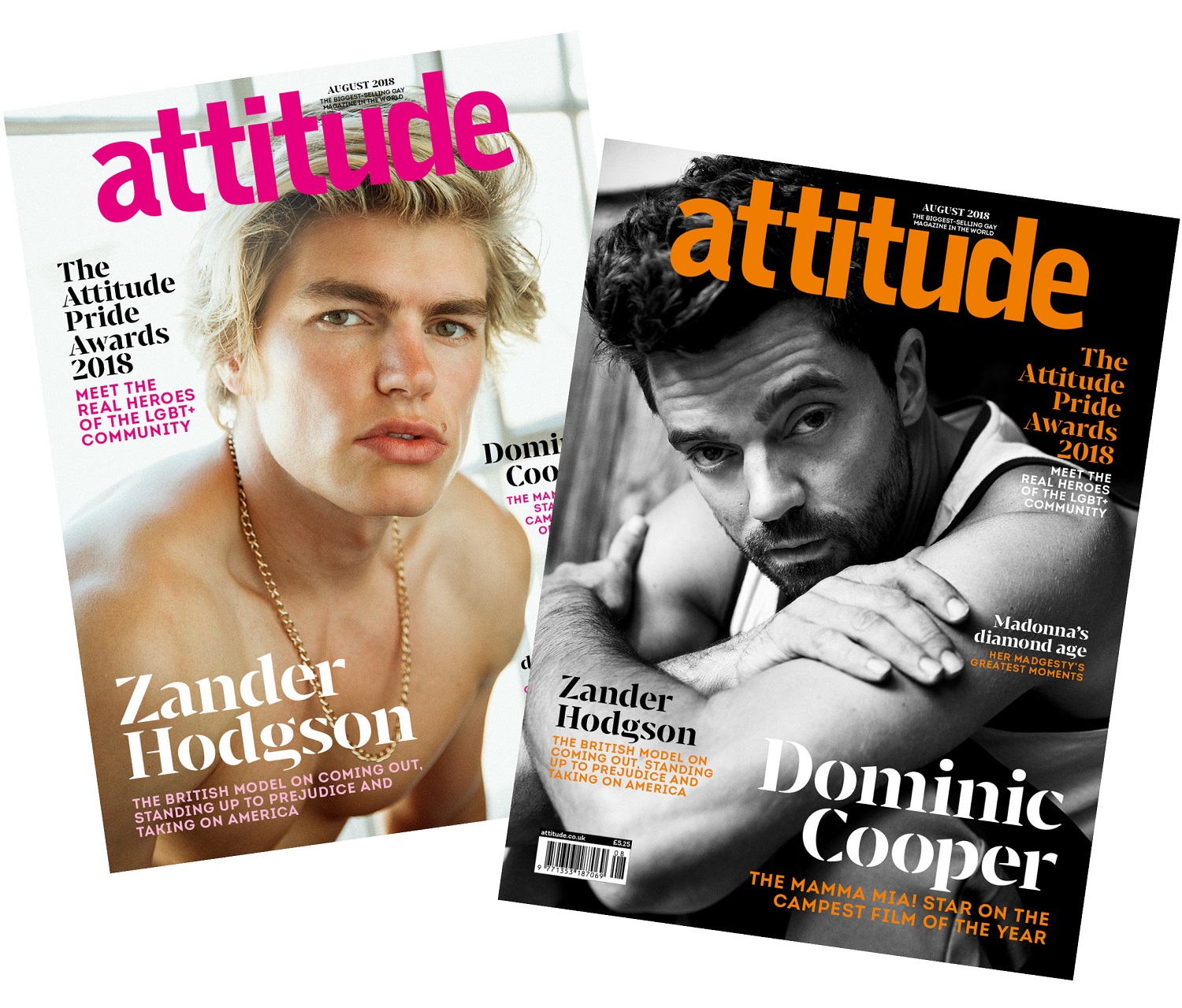‘Should gay people ever forgive and forget when it comes to homophobia?’
In the age of 'cancelling', Wayne Dhesi asks whether LGBT people are missing opportunities to educate.
By Will Stroude

This article first appeared in Attitude issue 297, Summer 2018.
When it comes to legal equality, life for (most) LGBT+ people in Britain has improved in recent years, but there’s still a long way to go until every lesbian, gay, bi and trans person can feel totally safe in their every-day lives.
Recent Stonewall research found that 52 per cent of LGBT+ pupils hear homophobic remarks such as “faggot” or “lezza” frequently or often in school. The study also showed that 18 per cent of queer staff have been the target of negative comments or conduct from colleagues in the past year, simply because they identify as LGBT+.
The old adage about sticks and stones is no longer considered a comforting piece of advice for a young person who is being verbally bullied — more and more people are becoming aware of the devastating effects that aggressive language, focusing on someone’s identity, can have.
Moving the spotlight online, we can find countless examples of anti-gay language. The nature of social media coupled with our thirst for celebrity gossip means that public figures are constantly being challenged over historical tweets and Facebook posts containing homophobic or other offensive language.

When straight Neighbours actor Matt Wilson appeared on Channel Five’s The Wright Stuff in 2017, to talk about his gay character Aaron Brennan, he said, “We specifically designed the character to act straight and act normal. When I say ‘normal’, I mean he’s not like the characters on Modern Family where they are flamboyant and camp.”
I didn’t feel that Wilson was being directly homophobic but what he was saying was off ensive and needed to be challenged. After a few tweets back and forth, Wilson acknowledged that his choice of words was not ideal and he showed a willingness to listen and learn.
It’s our responsibility to challenge public figures when they use offensive language on social media and we should always try to give people the opportunity to listen, reflect and learn. Of course, when we see blatant homophobia it’s not always that easy, even when the examples are years old.
Where do we draw the line when it comes to wiping the slate clean and forgiving past misdemeanours? Should a pop star be berated for tweets, using the word “faggot” as a slur, written when they were 14? Should we boycott their music? Cancel their Pride performance? Should an MP be for ever blacklisted because they once voted against same-sex marriage, even if they’ve since changed their stance?
People can, and do, change their mind and we should be willing to contribute towards that. It’s an uncomfortable reality that some people simply don’t like us because of our sexuality or gender identity and will continue to be offensive — online, at work or in the street. However, everyone is on a journey and some people will listen, reflect and change.
Being an ally to the LGBT+ community means more than wearing a rainbow t-shirt or being photographed falling out of a gay bar. I’m open to forgiving and am willing to accept that someone can be educated and go on to alter their behaviour. However, people can’t simply use a rainbow plaster to cover up the hurt they’ve caused; they must do more.
Being a proactive ally is about going out and educating yourself, not waiting for someone to come and educate you.
Being a proactive ally is calling others out when you see unacceptable behaviour, even if it puts you in an uncomfortable position — in fact, especially if it puts you in an uncomfortable position.
Wayne Dhesi is the founder og RUComingOut. Follow him on Twitter @WayneDavid81.
Selected issues of Attitude are available to download here.

